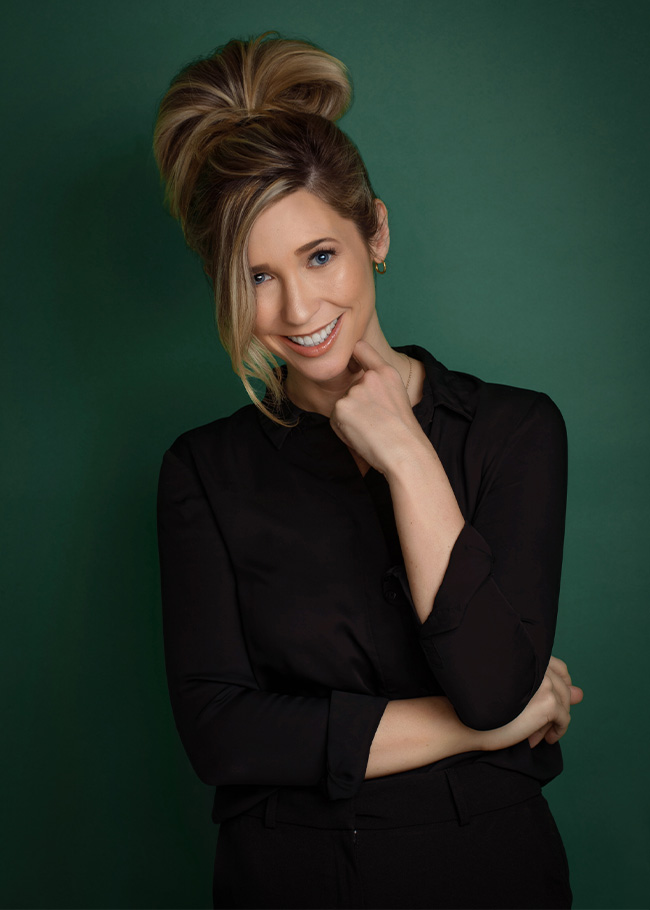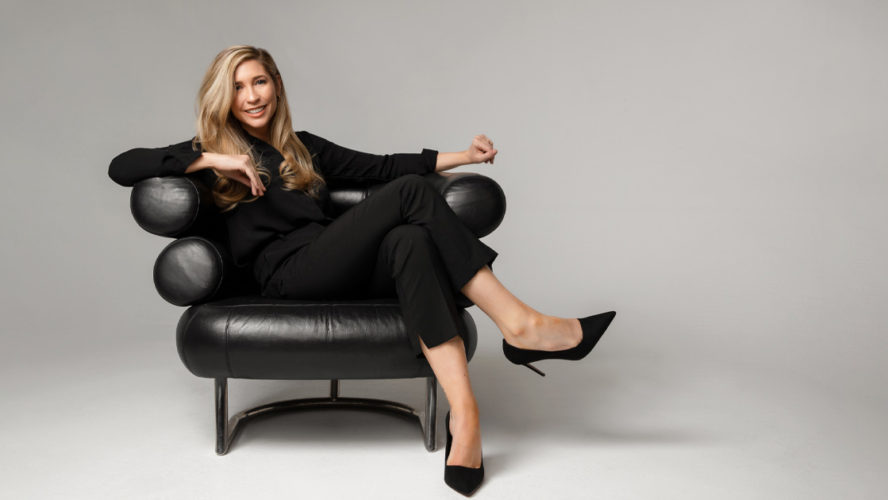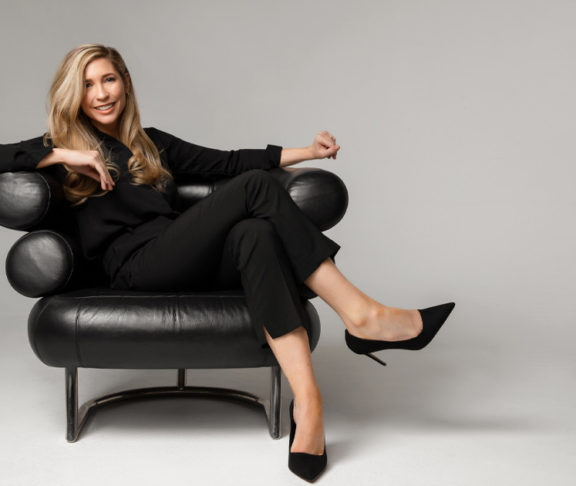Cynthia Johnson co-founded the Santa Monica, CA-based marketing agency Bell +Ivy as well as the non-profit WonderKey, which provides tech to foster kids. She’s also on the advisory board for the tech, business, and educational advisory firm Millennium Alliance.
We talked to her about what interested her about the world of non-profits, and how she navigated philanthropy and business during the COVID-19 pandemic.
What got you interested in starting a non-profit?
At the start of COVID, a group of us felt very helpless and wanted to give back but weren’t sure how. So, we asked people, “What are some of the fringe issues that are being missed?” We heard from so many people that were dealing with everything from getting food to elderly folks who couldn’t leave their homes, sending iPhone charges to hospitals, and telling jokes to lonely people.
One unsolved problem that was presented to us was that many foster youth were prevented from seeing their social workers, families, or going to school due to the lack of devices to enable them. That was what sparked my interest and the group’s.
What is WonderKey? What led you to start it?
Wonderkey started as a nonprofit organization focused on delivering hardware (tech) to foster and recently emancipated youth during COVID. We collected new and used laptops, and shipped them to our partners and communities that needed them for these youth to attend school, and meet with family and their social workers.
The real launching point was when we heard from one of our co-founders that she crowdsourced a phone that had video on it for her foster son’s mother so they could facetime. She has since adopted him and is still an active member of our nonprofit.

How did you get your position on the advisory board for The Millennium Alliance?
I started showing up years ago as a thought-leader on social media and discovered what an incredible group they were. I decided at the first event that I wanted to be as involved as they would allow me to be. A few years in, they started an advisory board and asked me to join. I was honored and have been collaborating with them ever since.
What struggles did you go through when you were starting out as a business owner?
I initially struggled with my own ego. To be honest, when you start a business, you do so from a place of inspiration and motivation. You see the success, otherwise you wouldn’t have started it.
Our business was bootstrapped and we funded the entire thing. That made cash flow a priority for us, and because of that, in our early days, we took on clients that were probably not the best fit and ultimately slowed us down.
I think the struggle at the start was defining what we offered, while at the same time being agile and learning the difference between agility and strategy diversion. I am happy to say that we are beyond that now.
Looking back, what piece of advice do you wish you would have gotten when you were beginning your journey as an entrepreneur?
I probably got this advice, but I definitely didn’t hear it — and that was “it is going to take time.” The process — the journey — is important and beautiful, and by the end of this journey you will be older and wiser.
I initially thought we would be an overnight success, and in many ways we were, but at some points — especially COVID, and then coming out of COVID — it took time to rebuild, and the setbacks were there. I honestly wouldn’t trade the experience.

